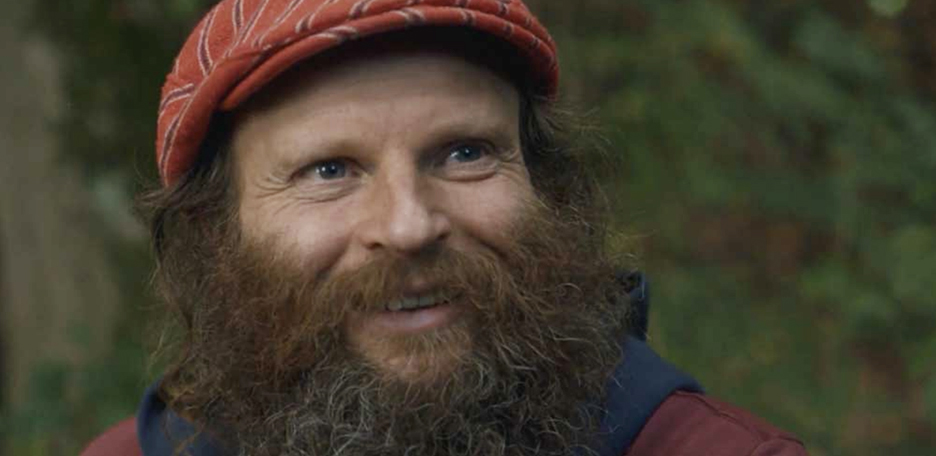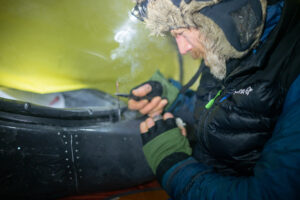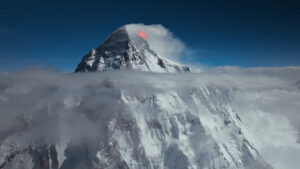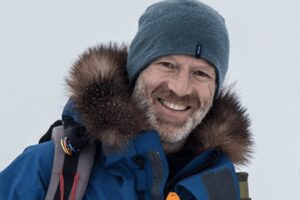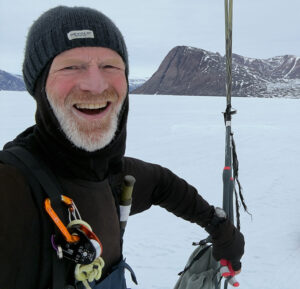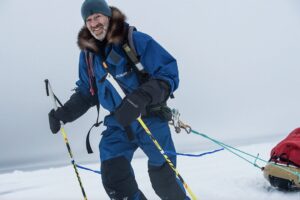Have you ever watched a child on a climbing wall? Their vertical dance is effortless as their muscles relax and contract perfectly to the requirements of defying gravity. As we grow up, our environment reduces our ability. Sometimes climbing has the ability to send climbers back to that physical freedom of childhood. For some, it’s even healing.
Healing is exactly what each of these five diverse groups of climbers has in common. Daniel Pohl, the Keithley family, Kathy Karlo, Jumbo Yokoyama, and Dario Ventura all face struggles in life which dissipate when they climb.
Of all the climbers in the group, Pohl’s story is the most captivating. Most likely because he’s not your everyday person. His lifestyle contrasts the most with the lives that almost all of us choose.
Pohl has been living in the Avalonia wilderness, near Herdecke, Germany for 12 years. He arrived after struggling with the mental health system in Germany. The system told him that he was ill, but he disagreed. Being different doesn’t necessarily mean being ill.
“What is life without climbing?”
Where Pohl lives now, he is free and unjudged. He climbs as though vertically dancing, without limits. Just like children do on a climbing wall.
“What is life without climbing?” Pohl says. “Without climbing, I wouldn’t exist”.
During the day, he builds terraces and steps so that climbers can use the area without compromising nature. He earns a living creating and selling topo maps for climbers. His work is impressive. He’s clearly a gifted artist and a committed servant to rock climbing.
In Avalonia, he is able to live like a child, which is his preference. “It’s a magical place. You will feel it,” he says of Avalonia.
The child-like parallel to climbing is fascinating. While climbing, we often chase the freedom from responsibility and pressure that we experienced as children.

When toddlers and children climb, they often do it with perfect technique.
Raised on rock
Melissa and Jimmy Keithley made a conscious decision to raise their children with rock climbing at their core. Although the family often encounters criticism for their choice, Zoe (19) and Noah (14) enjoy their world. Melissa wants to install ownership of the outdoors in her children, and it seems to be working.
Noah appreciates how it unites the family. When Zoe struggled with teen depression, climbing helped her find contentment.
In Red River Gorge, Kentucky, Ventura grew up with climbing parents. Their pizza shop is like a second home to climbers who frequent the area. They eat, sleep, and meet there. It’s been that way for the last 35 years. The pizza shop unites the “ungodly strong” community. While they are there, their time is carefree and fun.
For Karlo in Chattanooga, Tennessee, and Yokoyama in Yamanashi, Japan, climbing isn’t as carefree as it is for the others. They both relentlessly pursue climbing goals. Karlo is motivated to disconnect from a traumatic sexual assault. Yokoyama’s motivated to be the best father possible for his children.
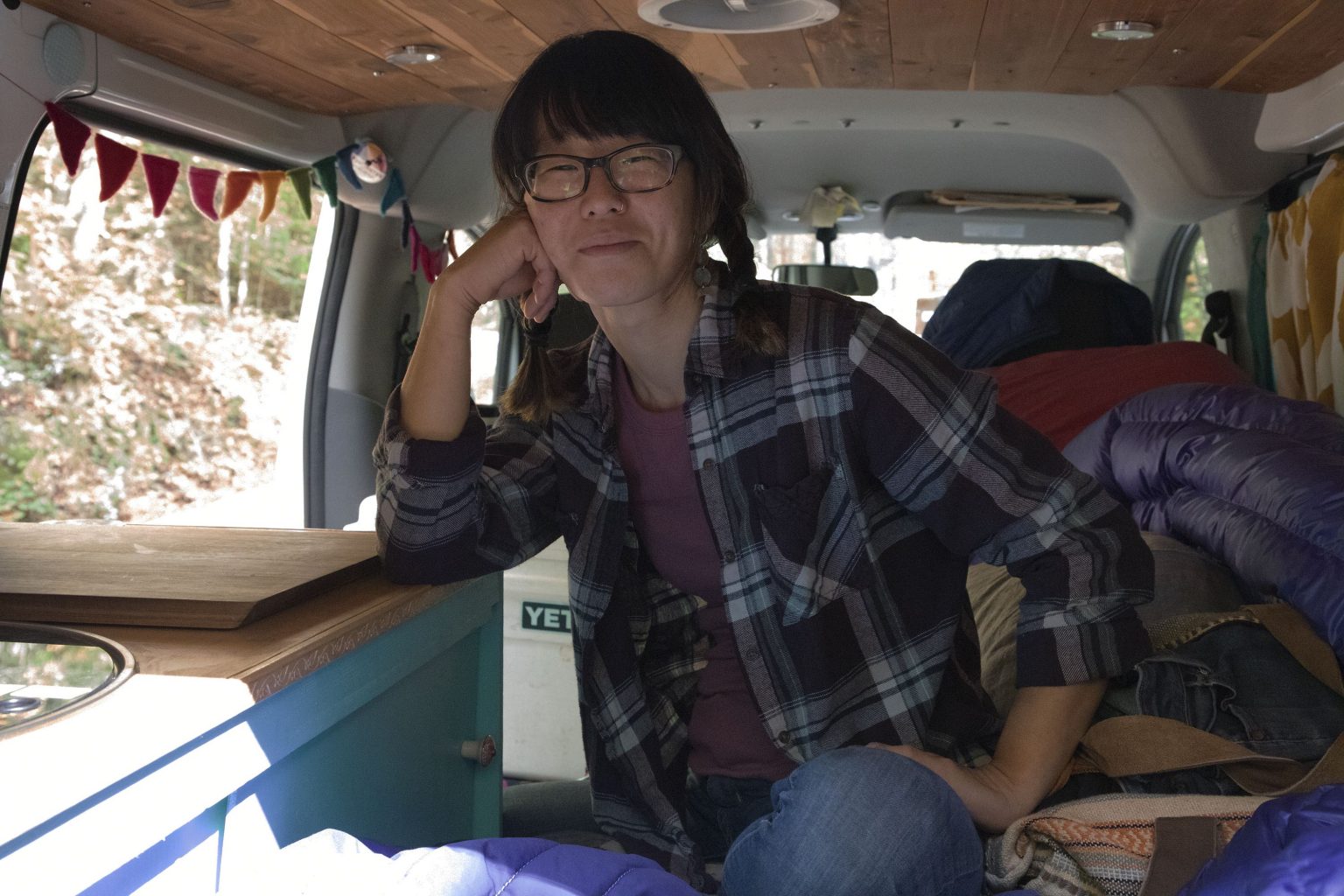
Kathy Karlo. Photo: Huck Magazine
Driven by different things, they are each united by a common objective to escape their external responsibilities in the moments they climb. Like a child dancing up a climbing wall, they vertically dance with pure freedom.
I can’t help but wonder what it is specifically about climbing that has the ability to heal so greatly. Maybe it’s not just climbing, it’s outdoor challenges in general. Or maybe it’s that climbing parallels child-like movement on such a level that we remember and integrate it with the freedom we experienced during those years.
